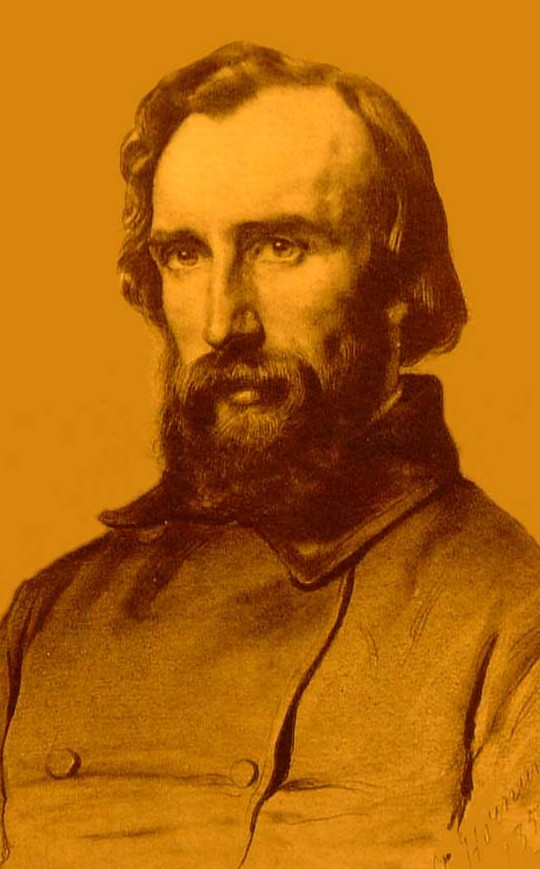Henri-Frédéric Amiel híres idézetei
Henri-Frédéric Amiel Idézetek az életről
Henri-Frédéric Amiel idézetek
Eredeti: Journal Intime, (1882; tr. Mrs. Humphry Ward, 1892), 13 Aug. 1865. The Columbia Dictionary of Quotations
Eredeti: Journal Intime (1866), James A. Haught, szerkesztő., 2000 Years of Disbelief
Változat: Szenvedély nélkül az ember csak lappangó erő, csak lehetőség, akárcsak a kavics, amely kalapácsütésre vár ahhoz, hogy szikrát hányjon.
Henri-Frédéric Amiel: Idézetek angolul
Bartlett's Familiar Quotations, 10th ed. (1919), Journal
16 July 1848
Only one thing is necessary: to possess God — All the senses, all the forces of the soul and of the spirit, all the exterior resources are so many open outlets to the Divinity; so many ways of tasting and of adoring God. We should be able to detach ourselves from all that is perishable and cling absolutely to the eternal and the absolute and enjoy the all else as a loan, as a usufruct…. To worship, to comprehend, to receive, to feel, to give, to act: this our law, our duty, our happiness, our heaven.
As translated in Bartlett's Familiar Quotations, 10th ed. (1919)
Journal Intime (1882), Journal entries
Bartlett's Familiar Quotations, 10th ed. (1919), Journal
Review of L'Art Chrétien by Alexis-François Rio in the Bibliothèque Universelle de Genève. (1842)
Journal Intime (1882), Quotes used in the Introduction by Ward
3 May 1849
Journal Intime (1882), Journal entries
“To repel one's cross is to make it heavier.”
Variant translation: To shun one's cross is to make it heavier.
Journal Intime (1882), Journal entries
17 March 1870
Forrás: Journal Intime (1882), Journal entries
“Doing easily what others find difficult is talent; doing what is impossible for talent is genius.”
Bartlett's Familiar Quotations, 10th ed. (1919), Journal
20 July 1848
Journal Intime (1882), Journal entries
Undated entry of December 1863 or early 1864, as translated by Humphry Ward (1893), p. 215
Journal Intime (1882), Journal entries
27 May 1849
Journal Intime (1882), Journal entries
Bartlett's Familiar Quotations, 10th ed. (1919), Journal
16 February 1868
Journal Intime (1882), Journal entries
3 May 1849
Journal Intime (1882), Journal entries
Forrás: Amie1, Henri Frederic Amie! s journal: The Journal intime of Henri-Frederic Amie! p. 159 161,224. and 269.
Quoted in Londhe, S. (2008). A tribute to Hinduism: Thoughts and wisdom spanning continents and time about India and her culture. New Delhi: Pragun Publication.
